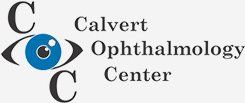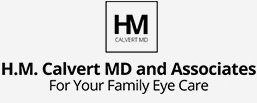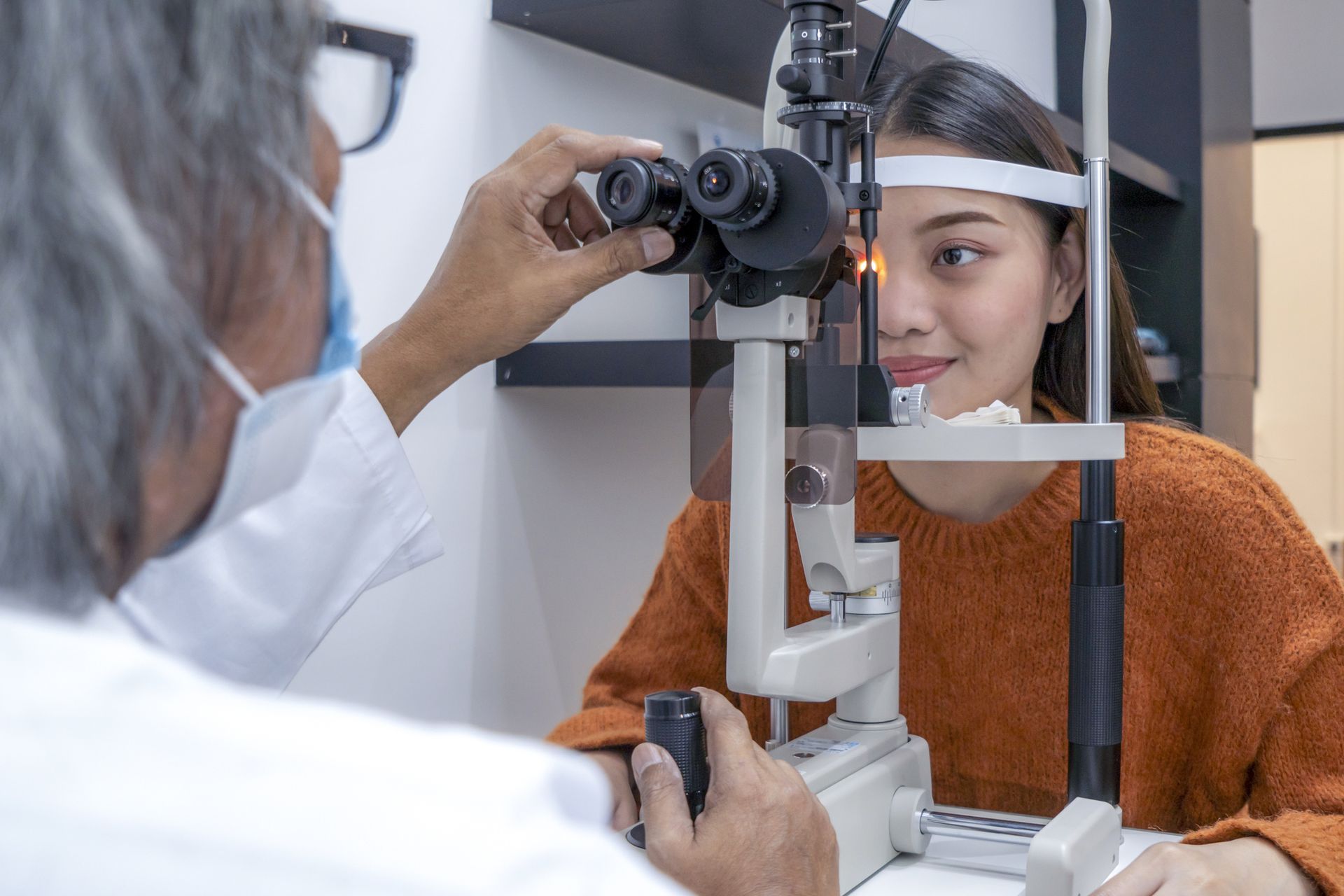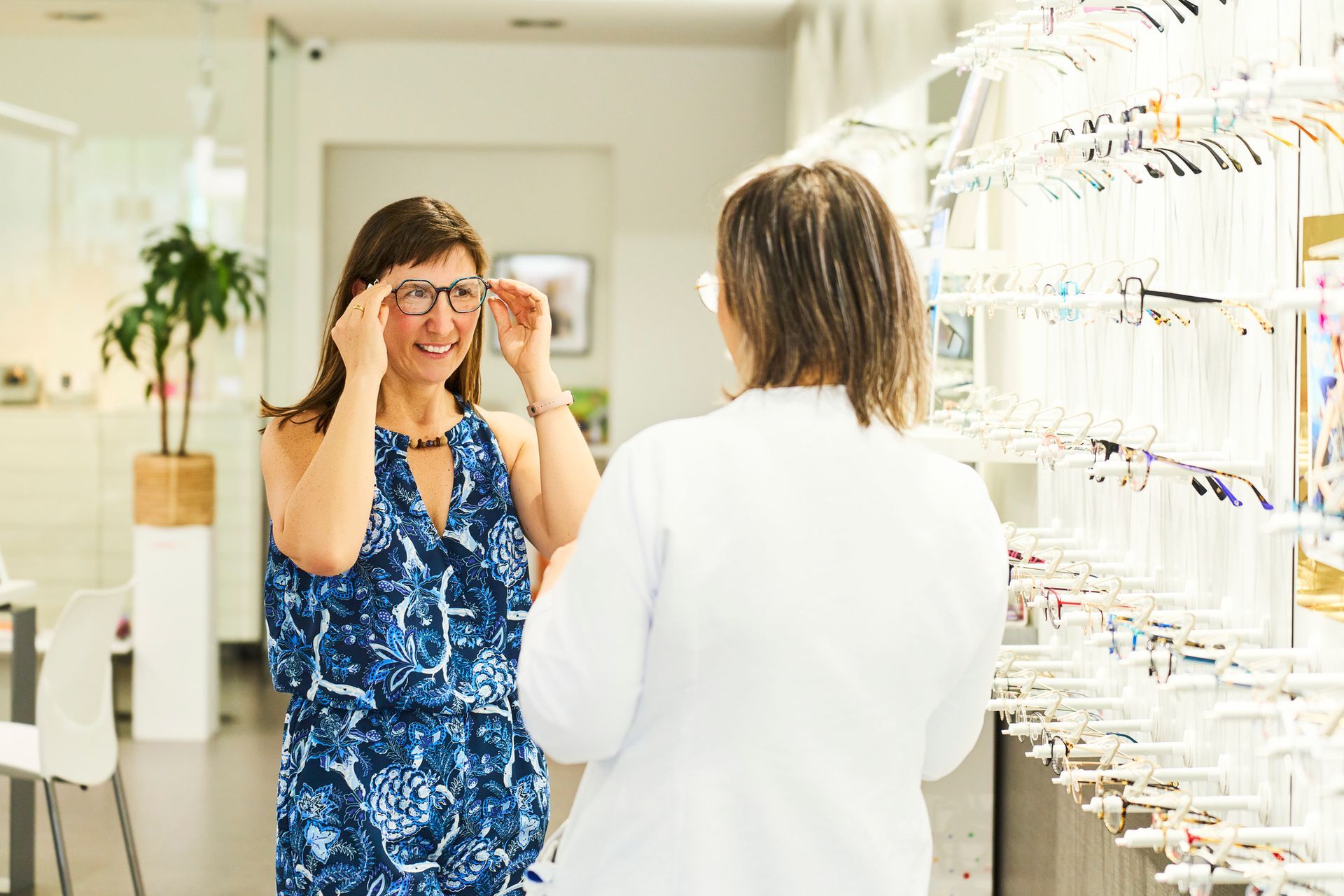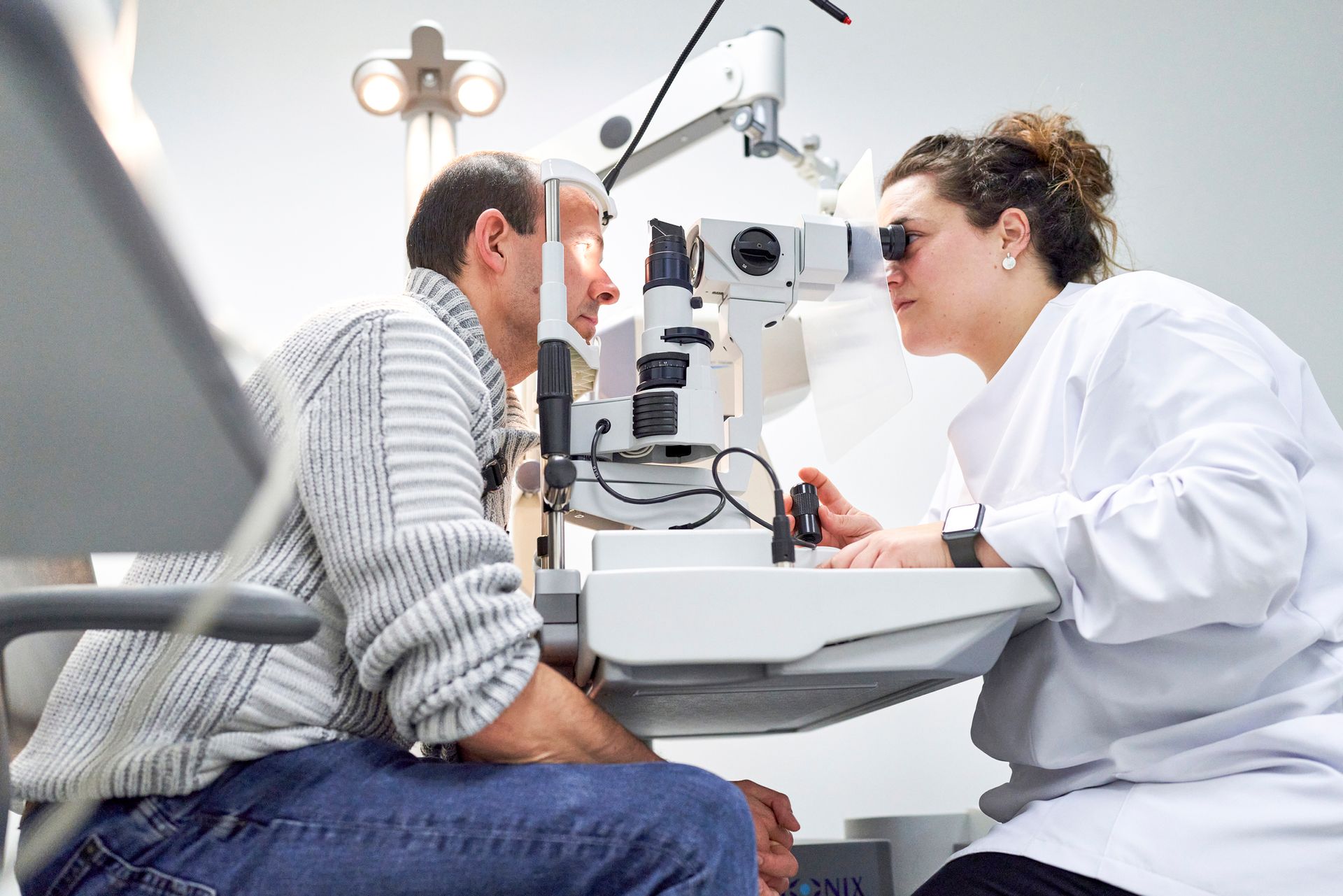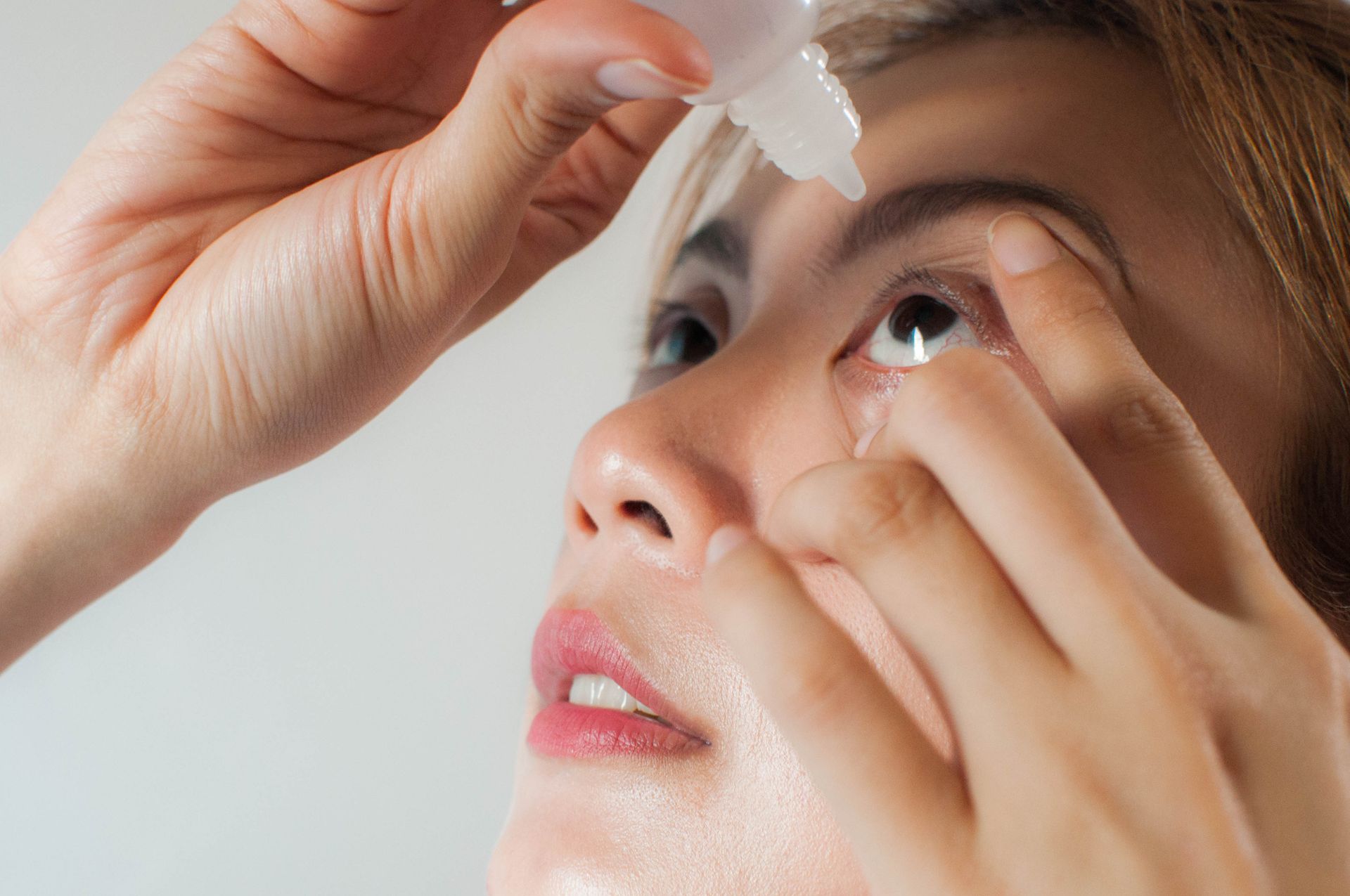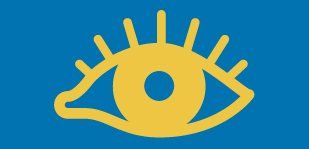4 Dietary Strategies for Maintaining Your Vision
When you think about preserving your eyesight, you probably envision regular preventative eye care appointments, corrective lenses, UV protection, and other elements. However, you may not realize that what you eat can also have an impact on your eyes' ability to see clearly.
When you understand how nutritional and dietary choices can affect your vision, you and your ophthalmologist can determine what everyday eating habits you might need to change as part of an eye-healthy lifestyle. You can start by putting the following four dietary strategies on your to-do list.
1. Eat the Right Nutrients
Like the rest of your body, your eyes can benefit from a steady supply of specific nutrients. A class of substances known as antioxidants can prove especially helpful for preserving your eyes and vision. Antioxidants such as vitamin C, vitamin E, lutein, zeaxanthin, and beta-carotene can help reduce your risk for eye diseases.
You can get plenty of antioxidants by adopting the Mediterranean diet, which emphasizes fruits, vegetables, healthy fats, and whole grains. You'll also want to eat fatty fish for a healthy dose of omega-3 fatty acids, which can help you control issues such as dry eyes and eye inflammation.
If you suffer from macular degeneration, your ophthalmologist may prescribe a diet of colorful fruits and vegetables as well as a supplement called AREDS-2. AREDS-2 has a strong combination of lutein, zeaxanthin, copper, zinc, vitamin c, and vitamin E to help protect your retinas against further damage.
2. Watch Your Sodium Intake
Excess sodium, especially in food, can raise your blood pressure to unhealthy levels and can cause other risk factors such as obesity, genetics, and stress. Over time, high blood pressure can damage multiple organs, including the eyes.
Sustained high blood pressure can produce a condition called hypertensive retinopathy. Although hypertensive retinopathy may not show symptoms in its early stages, it can later cause double vision or even permanent loss due to retinal and optic nerve damage.
Management of high blood pressure may require medication as well as dietary and lifestyle changes. However, your ophthalmologist may recommend that you reduce your sodium intake to 1,500 milligrams per day. You can achieve this goal by not salting your food as much and paying attention to nutritional labels.
3. Control Your Alcohol Consumption
If your alcohol consumption is high, you may suffer from various ill effects beyond a hangover. Even in the short term, heavy drinking can make your eyes irritated and bloodshot. Large amounts of alcohol consumed can also dry out your eyes, blurring your vision and making you abnormally sensitive to light.
Long-term heavy alcohol consumption can lead to more serious vision issues. You might develop cataracts at an unusually early age, lose your peripheral vision, or experience bleeding in the retina. You can minimize these effects by avoiding alcohol or drinking in moderation.
4. Steer Clear of Sugar
Americans have access to refined sugars, from candy and soda to the hidden sugars in processed foods. If you have diabetes or you consume more sugar than your body can normally handle, the resulting high blood sugar levels can lead to vision problems.
The most common threat to vision in people with diabetes involves diabetic retinopathy. In this condition, the blood vessels in the eye sustain damage from excessive sugar. High blood sugar may also raise your risks for glaucoma macular degeneration and cataracts.
You can get your blood sugar checked periodically, so your doctor can detect and treat diabetes before the condition can harm your eyes. Even if you don't have diabetes, you can prevent vision loss by not eating large amounts of sweets or sugary foods.
No matter how intentionally you monitor your diet, you should make sure your eyes remain in optimal health by addressing any diseases or disorders early on. Calvert Ophthalmology Center can provide you with eye exams, vision correction, and/or treatment. Contact any of our locations today.
